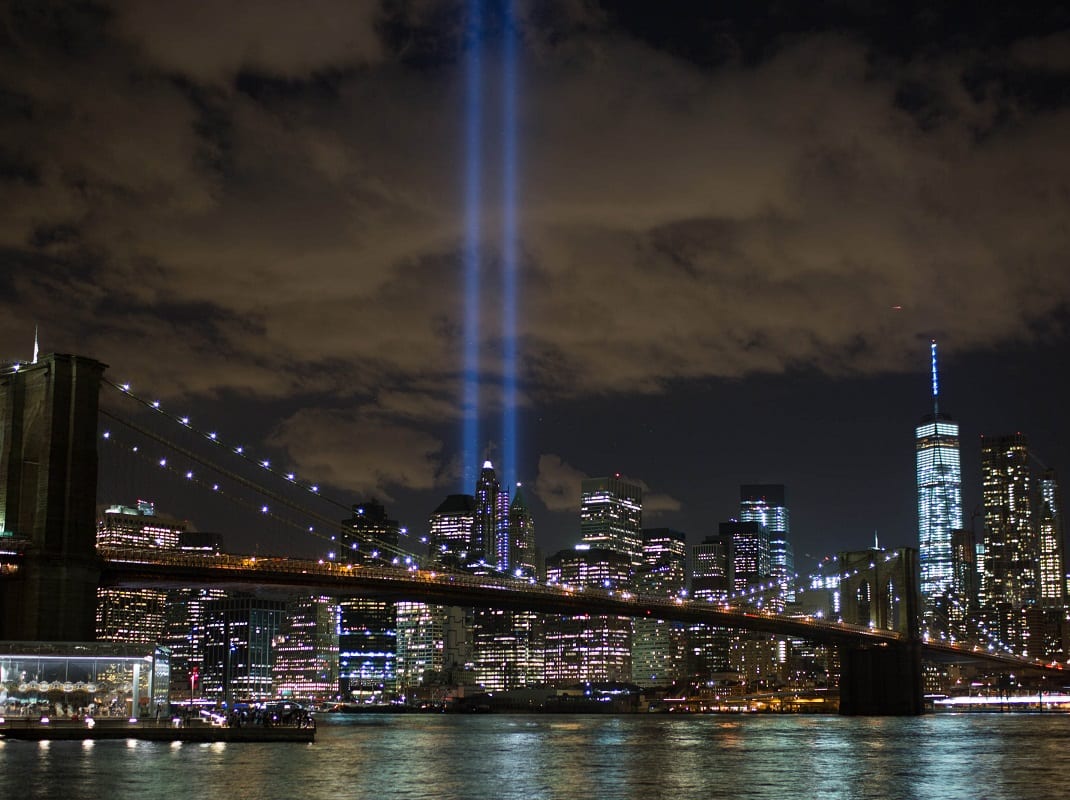
Eighteen years ago, our nation was forever altered by a sequence of four events that forever took away our collective innocence.
Where were you when the nightmare began at 8:46 a.m.?
I remember where I was. I was sitting at home; I was home sick from school and my mom was reaching for the remote to turn off the television when the breaking news hit. The North Tower of the World Trade Center was struck by a commercial airliner.
It continued at 9:03 a.m., when a second plane struck the South Tower.
Thirty-four minutes later, the Pentagon was hit by a third hijacked plane, and at 10:03 a.m. a fourth plane meant for the White House crashed in a Pennsylvania field.
The rest is history, as they say, and the tragic events of that day will be forever remembered by everyone who bore witness to or was affected by the events.
The motorsports community was as deeply shaken as anyone else in the country, and its drivers, crews and fans were all left wondering — as everyone else was — “Where do we go from here?”
“I remember the morning of Sept. 11 waking up to a phone call, somebody said, “You need to turn the news on,” three-time NASCAR Cup Series champion Tony Stewart recalled. “I said, “Which news?” They go, “Doesn’t matter.” And you realized really quickly why it didn’t matter because every channel had it on. But I was lying in bed and I never got out of bed till six in the evening watching what was happening in disbelief, just could not believe what we were seeing, and that our country had come under attack like that. It’s something that in my lifetime I’d never seen before.”
In unknown or new situations, judgment calls will often be made. In NASCAR’s case, as former NASCAR Chairman and CEO Brian France reflected in 2011, it was a call to allow the country time to heal from the reeling moment it had just experienced.
“We were scheduled to race at New Hampshire that next weekend. We got together as a group and first and foremost,” recalled France, whose father Bill Jr. was the chairman and CEO of NASCAR in 2001, of the hours and days following the attacks. “We knew we had to show respect and memorialize those thousands of people who had lost their lives and the sacrifices made by the first responders and all of the law enforcement, fire and safety, military and emergency personnel that were so closely involved.”
“I recall my father recounting tragic events that had taken place over the course of his lifetime, such as Pearl Harbor and the JFK assassination, and how decisions were influenced by those events. We knew in our hearts the best decision was to postpone our race and reschedule it for a later date. The country needed some time to grieve and to heal.”
To continue reading, advance to the next page.
